12 Signs That You’re an Indigo Child
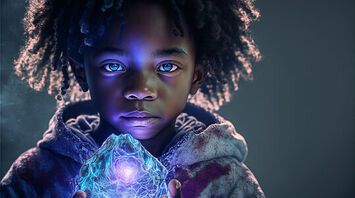
Indigo Children are believed to be children with special traits or abilities, linked to the idea of having indigo-colored auras. This concept was introduced by psychic Nancy Ann Tappe in the 1970s. These children are seen as having profound potential and consciousness, often viewing themselves as part of a new blueprint for humanity. The explanation suggests they aim to uplift humanity and challenge the status quo.
Key Traits of Indigo Children
1. Born Post-1978: Indigo auras began appearing in infants in the late 1970s. If you were born after 1978, you may embody characteristics of an Indigo, signifying a role in promoting societal change. Those born before this year might also resonate with these traits, acting as guides for Indigos.
2. Sense of Destiny: You feel a deep connection to your purpose on Earth. This confidence drives you, providing an inner motivation to make significant changes. You are often proud and independent, fueled by an enigmatic strength.
Recognition of "Old Soul" Nature
Many Indigos report feeling they have lived multiple lives. As children, they may display wisdom beyond their years, inspiring others to see them as old souls. This philosophical nature helps them seek deeper truths, leading to a perception of being wise beyond their age.
- High Standards for Self and Others
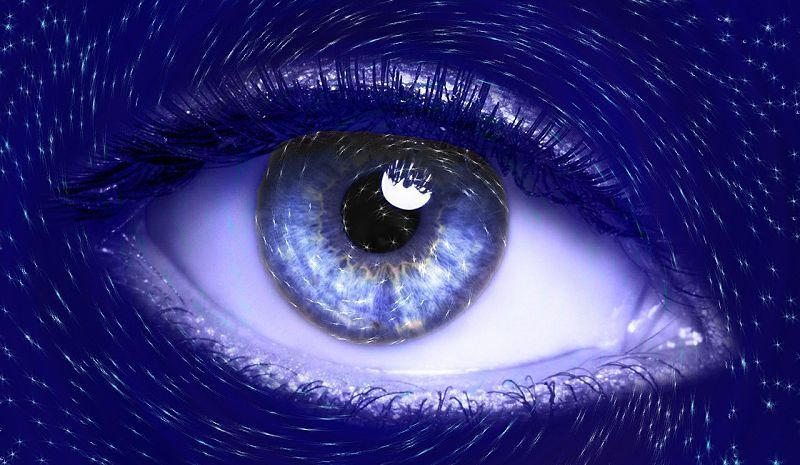
12 Signs That You’re an Indigo Child
Indigo individuals often set high expectations for themselves and those around them. This drive for excellence can lead to self-criticism because they believe in their limitless potential. Some may face emotional struggles, like depression, tied to their awareness of societal limits.
- Questioning Authority and Nonconformity
Indigo Children tend to challenge established norms. These strong-willed individuals often resist authority when it feels obsolete or unjust. They thrive when exploring innovative ideas or working independently, distancing themselves from outdated systems.
- Feeling Out of Place
Despite their capabilities, Indigos can feel isolated among peers and family. Their extraordinary intelligence and uniqueness may lead to misunderstandings, impacting their self-esteem. This confusion sometimes oscillates between feeling inferior and superior.
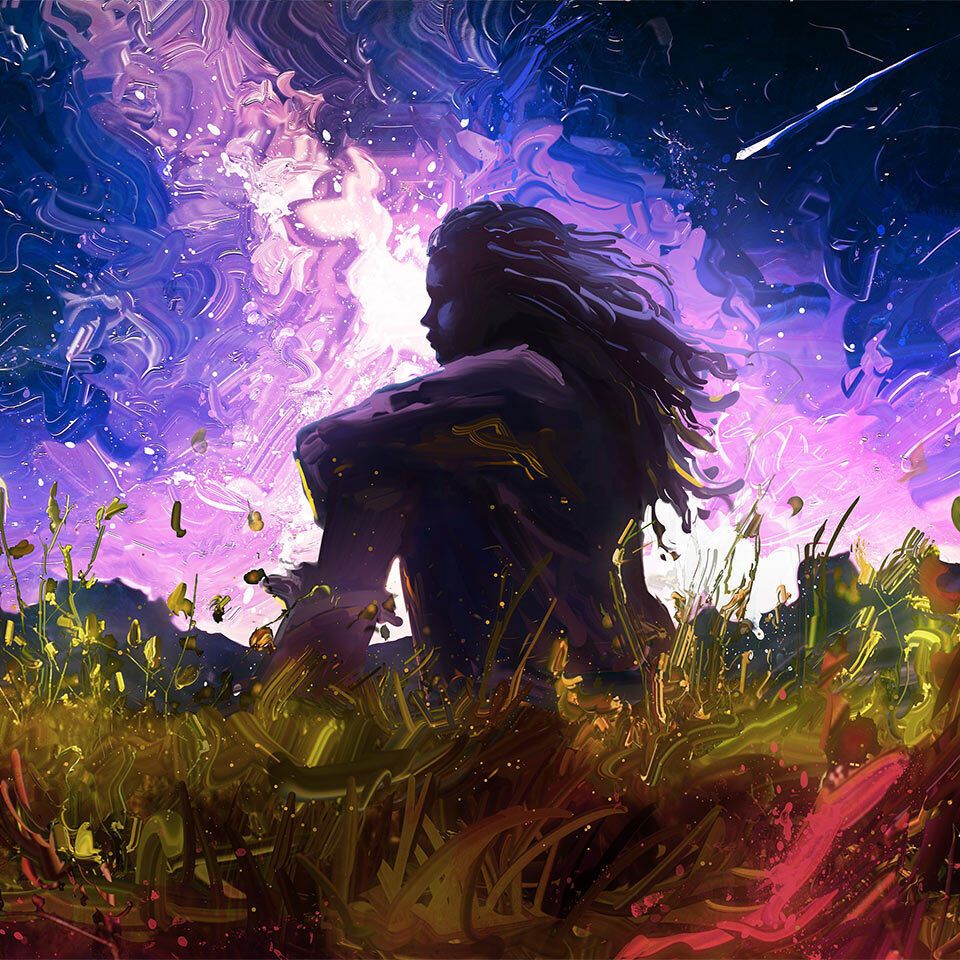
- Intuitive and Psychic Experiences
Indigos might hold natural psychic abilities, allowing them to perceive reality uniquely. They may showcase clairvoyance or telepathy, recognizing phenomena beyond the physical realm. Some experience visions or interpretations of the spiritual world without formal training.
- Drive for Change
Indigo Children envision a better world and feel frustrated when others resist their ideas. They possess strong willpower and determination. Creativity also flows through their endeavors in arts, music, or writing, often turning to various outlets for self-expression.
- A History of Indigo Children
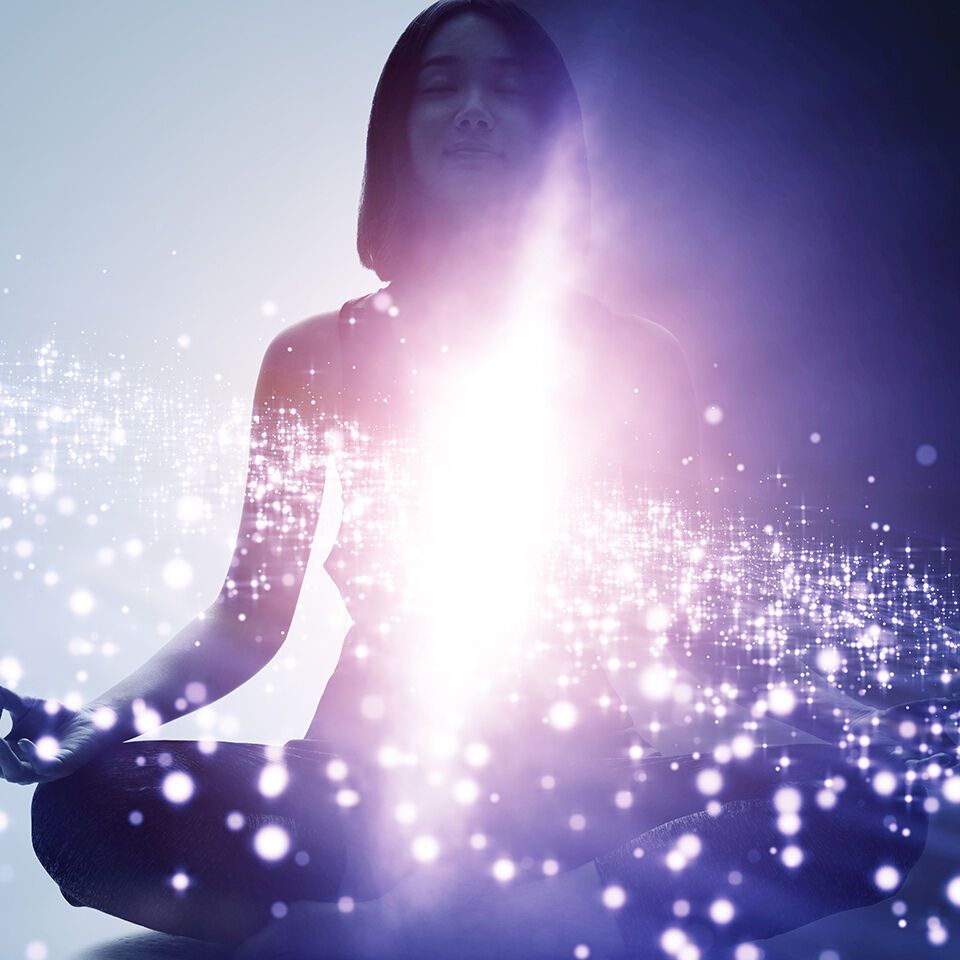
12 Signs That You’re an Indigo Child
Indigo Children were first introduced by Nancy Ann Tappe in her concept of "life colors," recognized since the 1960s. Tappe’s observations led to discussions about Indigo energy and auras, fueling further insights by authors like Lee Carroll, Jan Tober, and Doreen Virtue.
- Reception and Criticism
Though the idea of Indigo Children has gained popularity, it faces skepticism. Critics link the characteristics of Indigo to symptoms associated with ADHD and other neurodevelopmental conditions. Some express concern over mislabeling children, potentially delaying proper treatment.
Are Indigo Children Real?
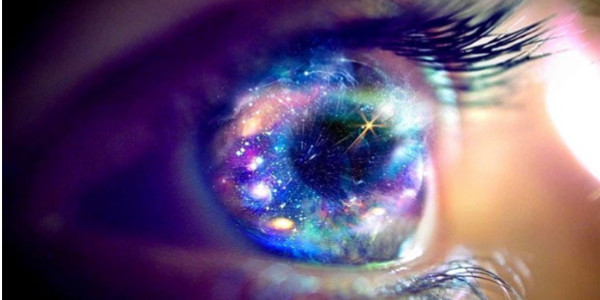
Scientific validation of Indigo Children remains elusive. Studies supporting concepts such as psychic abilities or auras are limited or inconclusive. The interpretations connected to Indigo traits may reflect personality descriptions that resonate with many, demonstrating the Forer Effect.
Earlier, SSP wrote about understanding the significance of a stretched menstrual cycle on full moons.



















